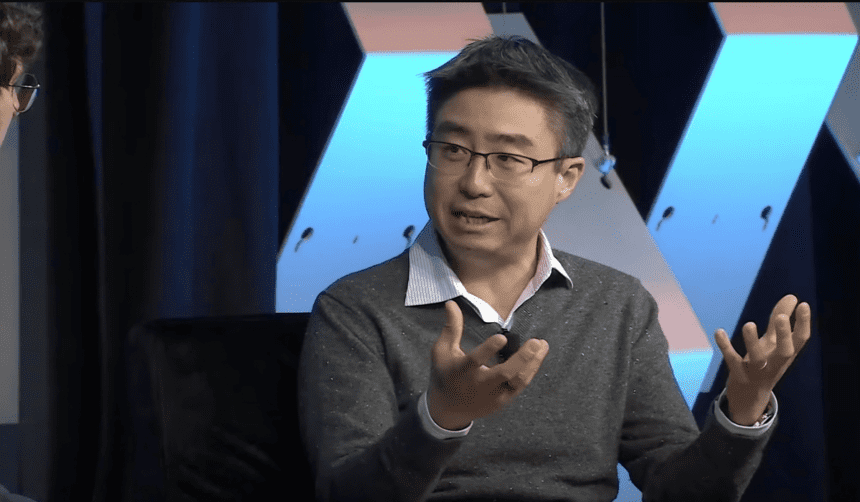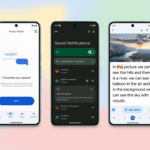
Is it fair for artists whose work was utilized to train AI models like ChatGPT to be rewarded for their contributions? When asked on the main stage at SXSW, Peter Deng, VP of consumer product at OpenAI — the company behind ChatGPT — was hesitant to provide a clear answer.
When questioned by SignalFire venture partner (and former TechCrunch writer) Josh Constine during a fireside chat, Deng responded, “That’s a great question.” Audience members voiced their support shouting “yes,” to which Deng acknowledged by stating, “I’m hearing from the audience that they do.”
Deng’s evasion of the question is not unexpected. OpenAI is in a sensitive legal position regarding how it uses data to train generative AI systems like DALL-E 3, which is integrated into ChatGPT.
Systems like DALL-E 3 are trained on a vast array of examples — artwork, illustrations, photos, and more — typically gathered from public sources and datasets online. OpenAI and other AI developers argue that their practice of collecting public data for training, without compensating or crediting artists, is protected under fair use, a legal principle allowing for the transformative use of copyrighted material.
In a recent blog post, OpenAI argued that utilizing copyrighted material is crucial for developing effective AI models. They maintain that training AI models with publicly available internet data falls under fair use, citing established legal precedents. The company views this practice as fair to creators, essential for innovators, and vital for U.S. competitiveness.
However, creators hold a contrasting view.
An ongoing class action lawsuit involving artists such as Grzegorz Rutkowski, renowned for his work on Dungeons & Dragons and Magic: The Gathering, targets OpenAI and other competitors (Midjourney and DeviantArt). The plaintiffs claim that tools like DALL-E 3 and Midjourney replicate artists’ styles without explicit permission, enabling users to generate new works resembling the originals without compensating the artists.
OpenAI has established licensing agreements with certain content providers like Shutterstock and offers webmasters the option to block its web crawler from extracting data for training. Moreover, like its competitors, OpenAI permits artists to “opt out” and remove their work from the datasets used to train image-generating models. However, some artists find the opt-out process, which requires submitting each image individually for removal along with a description, burdensome.
Deng expressed his belief that artists should have more control over generative AI tools like DALL-E but is uncertain about the specifics.
Deng stated, “[A]rtists need to be a part of [the] ecosystem as much as possible.” He emphasized the importance of accelerating the process of art creation to benefit the industry further, recognizing that every artist draws inspiration from those before them. He pondered on how this could be enhanced through technology.









